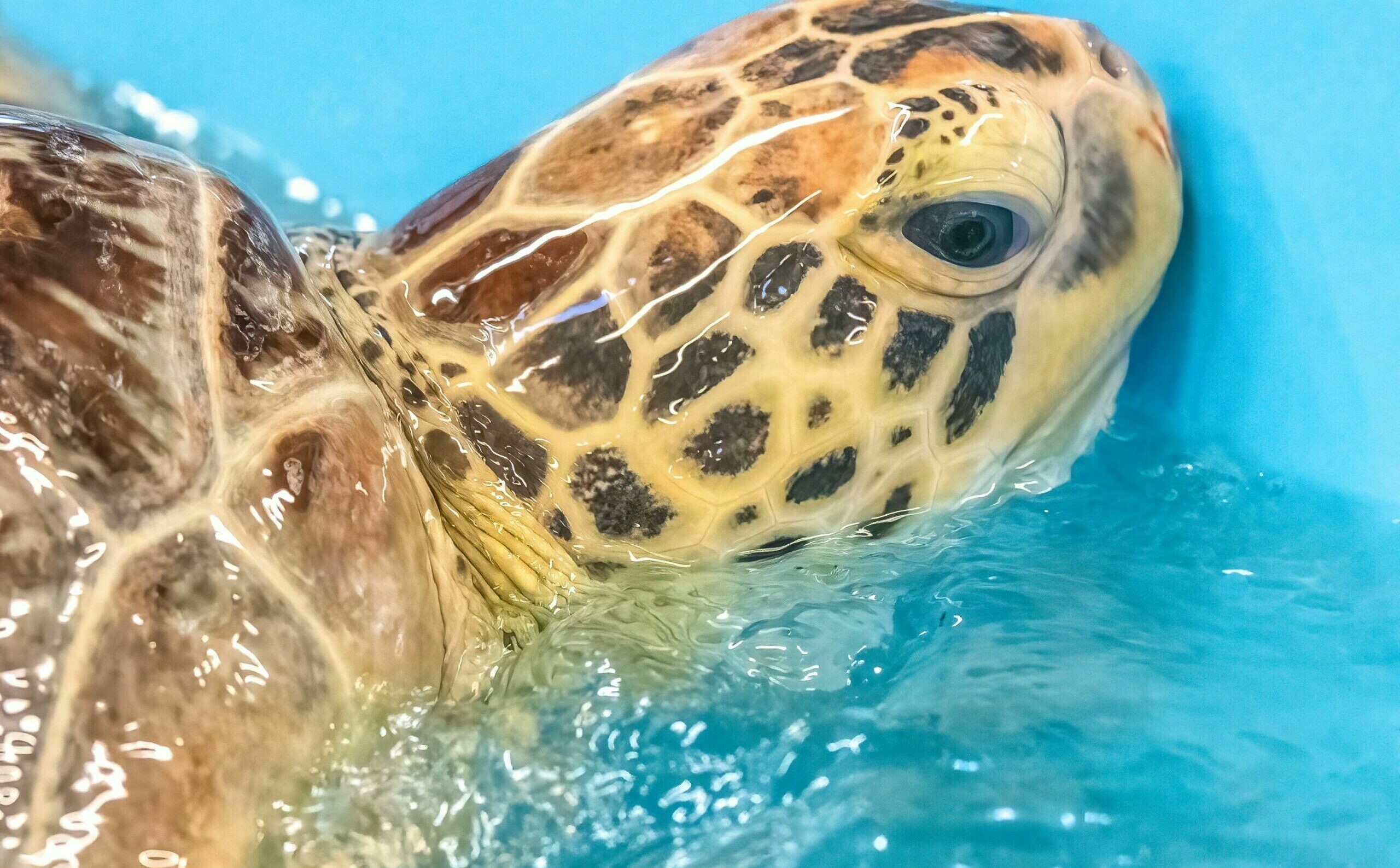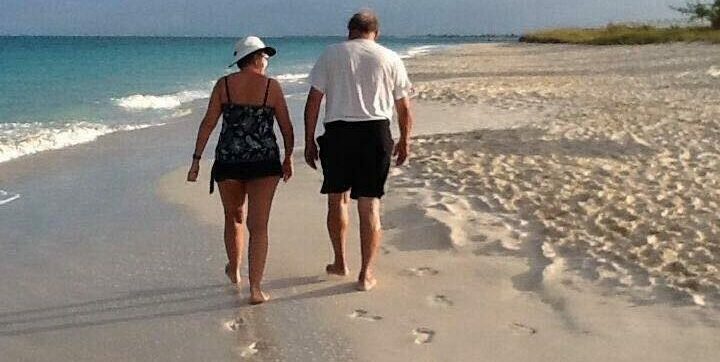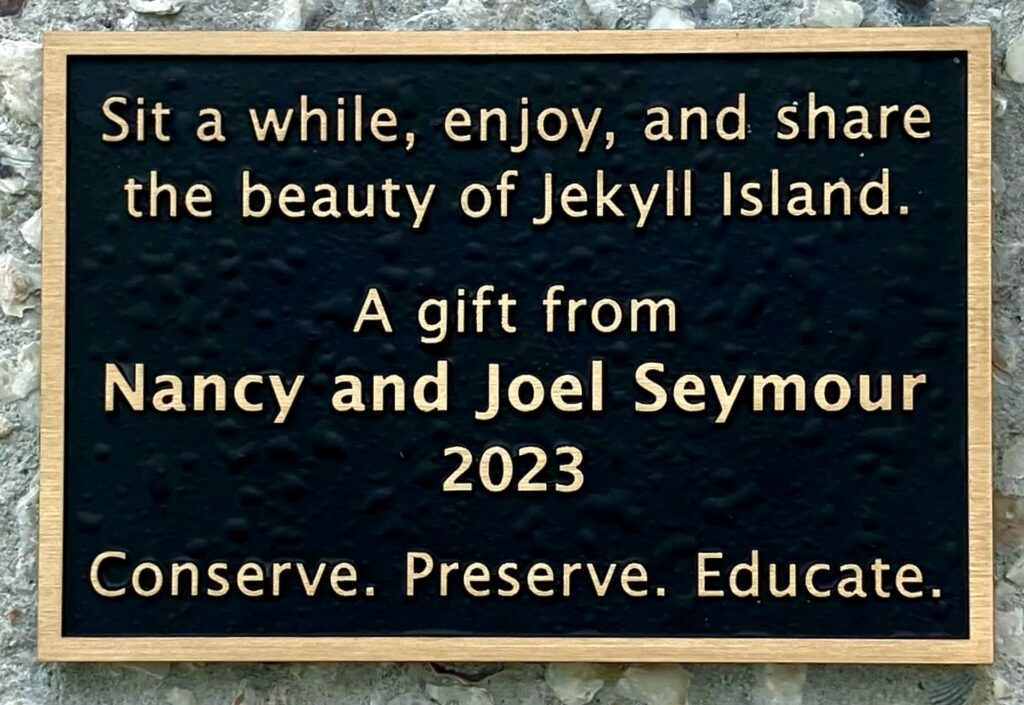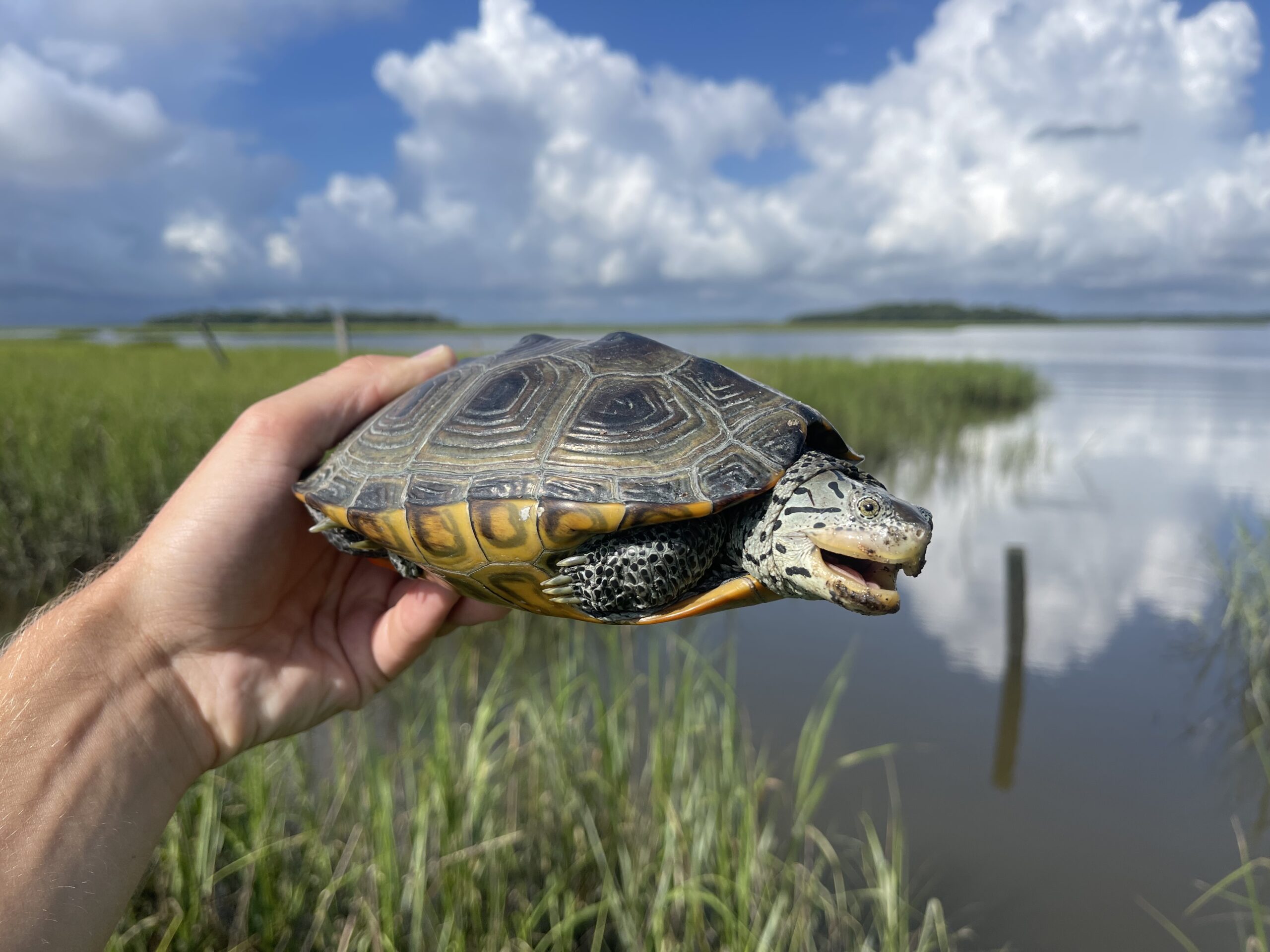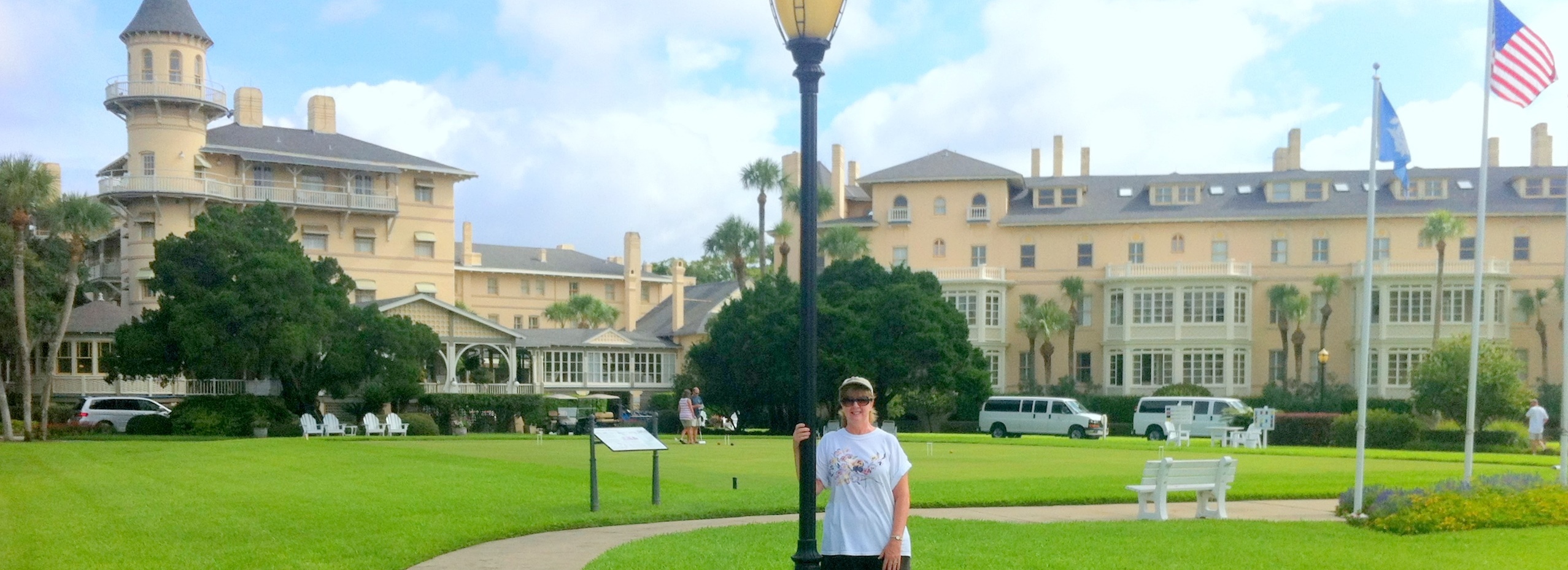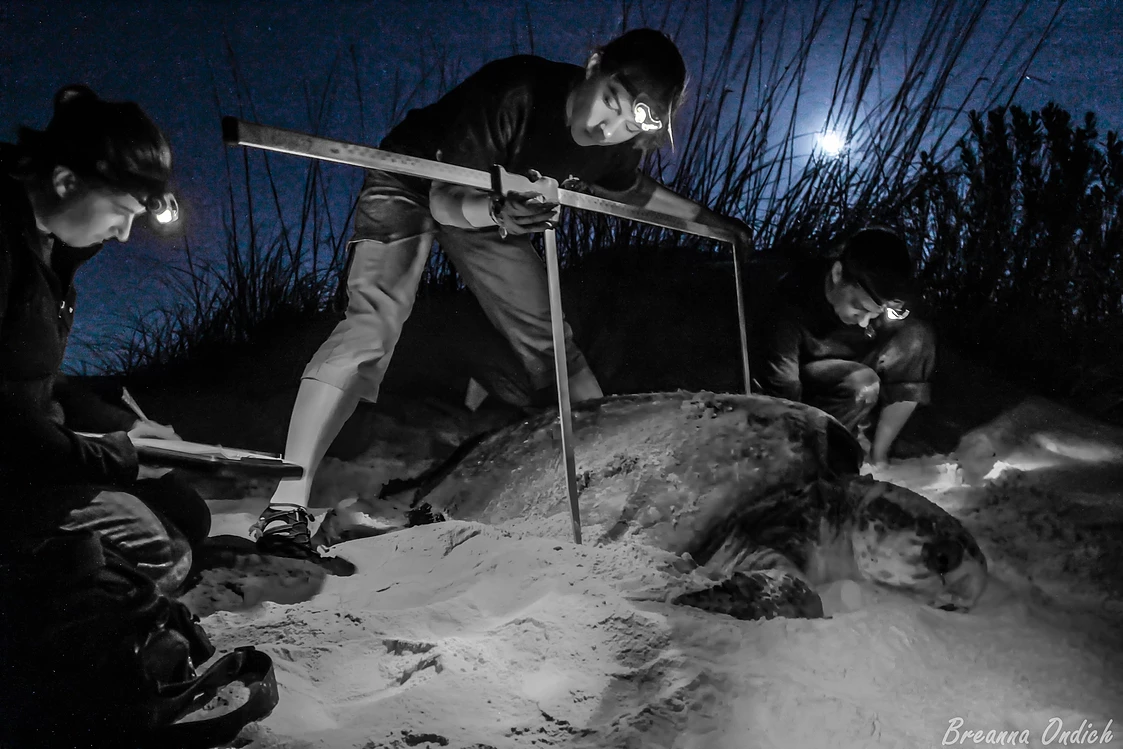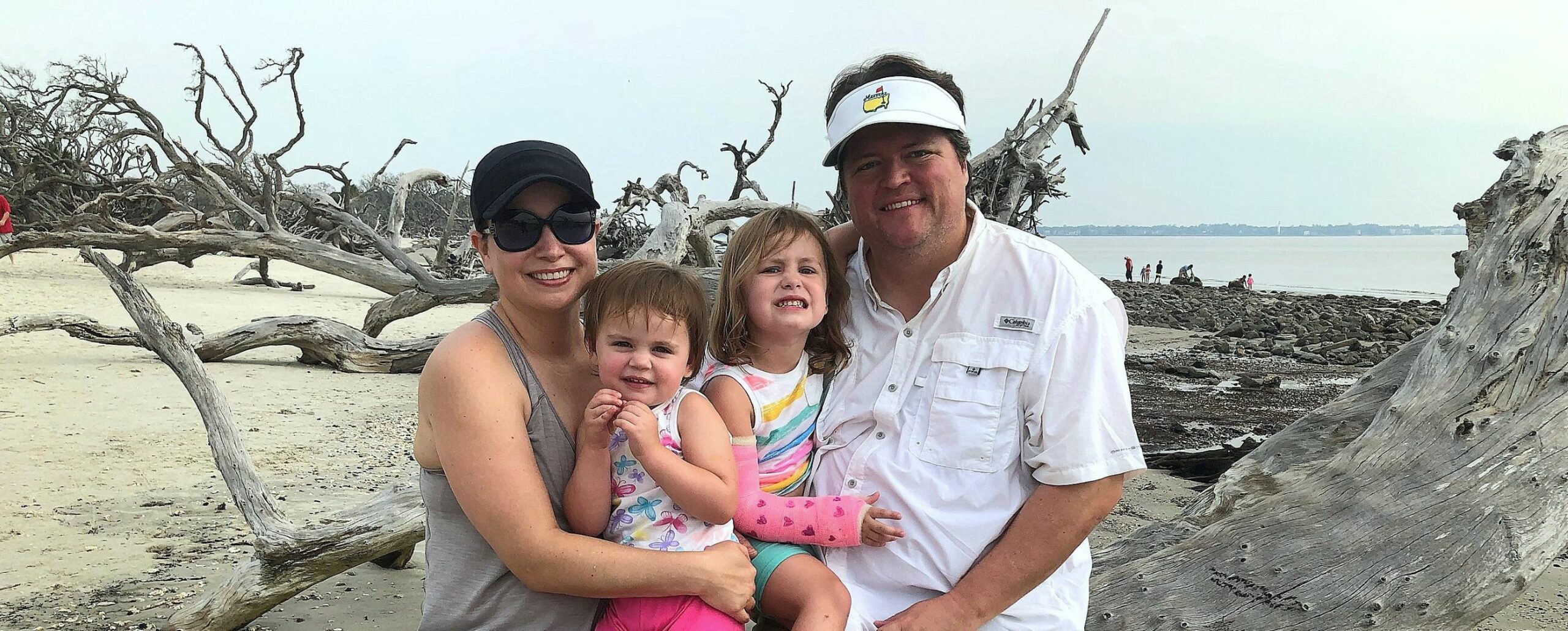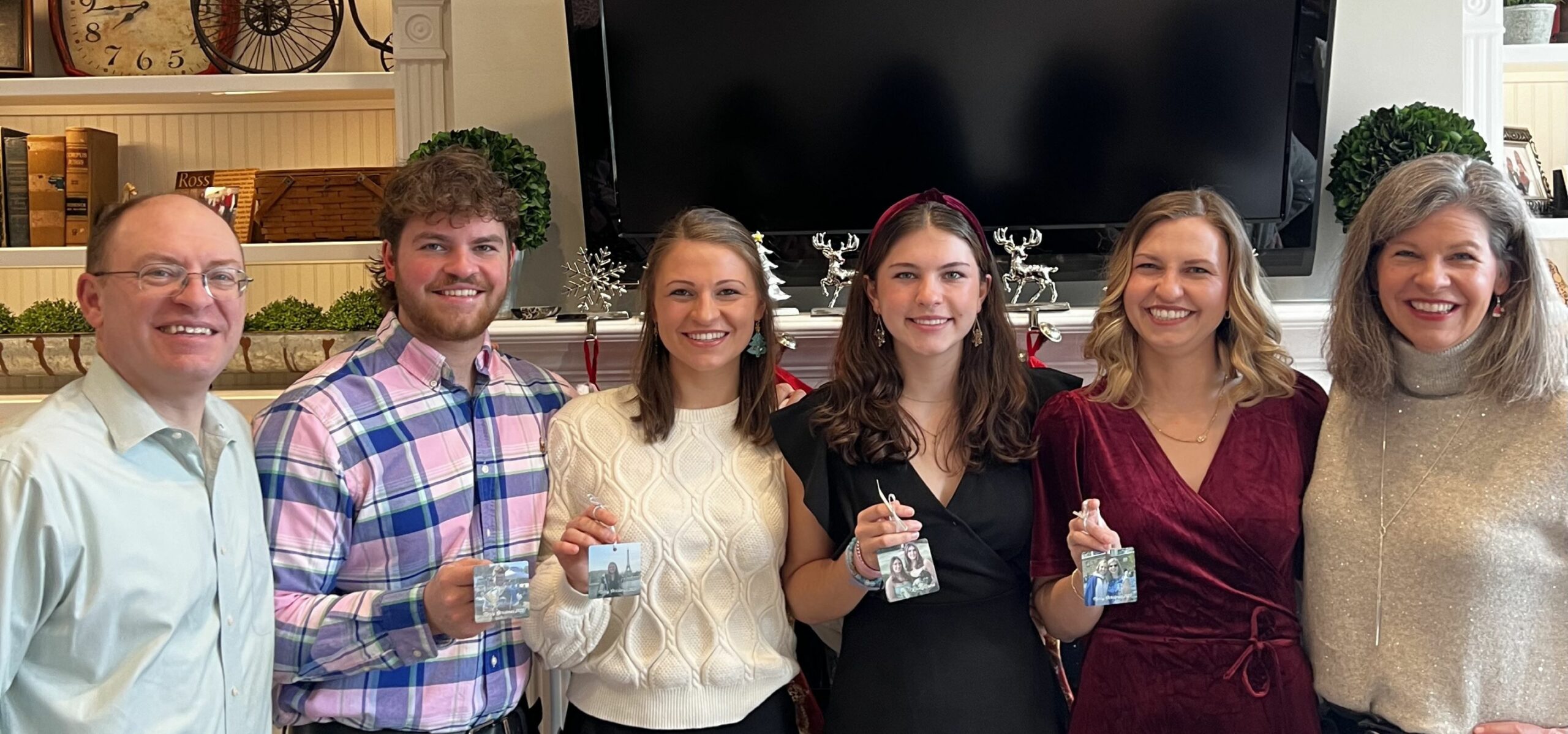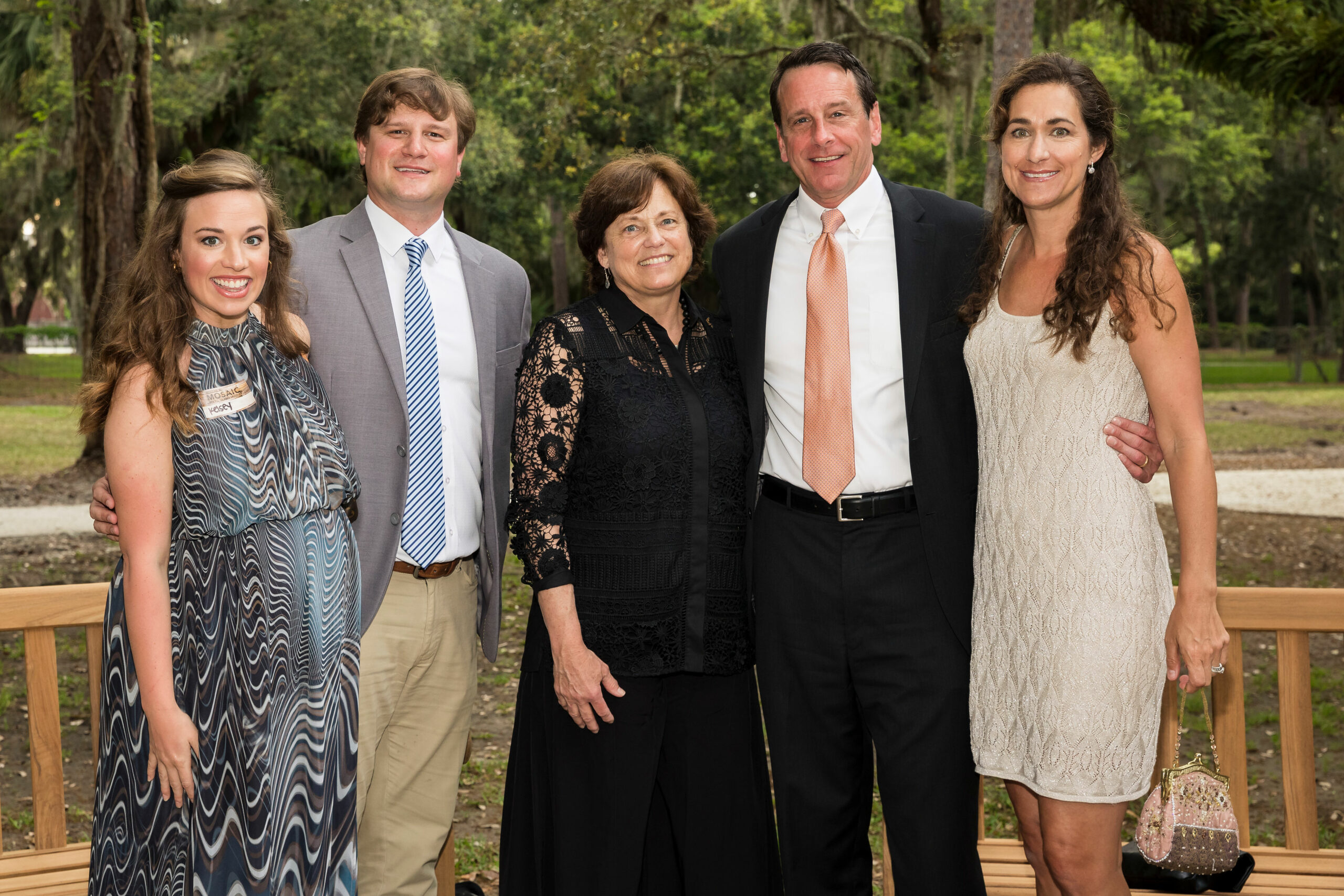As head of publishing for Atlanta Magazine, Sean McGinnis lives in a hotbed of happenings. Day in and day out, he is on the phone, on the road and on the go capturing the ins and outs of what is currently creating headlines in the state’s capital city and beyond.
But for a few blessed days, maybe a week or more if he plays the luck card right, he makes his way down with his family, or even on a solo trip, to Georgia’s most enchanting barrier island. As an added bonus, those days spent beachside can occasionally double as work trips, or triple as pleasure trips, work trips and prime opportunities to serve in his distinct role as Vice Chair of the Jekyll Island Foundation Board.
For more than five years, McGinnis has served on the JIF Board, striving alongside his board partners to help keep the state park as pristine as possible. Even before being invited to join the board by past members, McGinnis had his eyes on the island, collaboratively launching 31• 81, the Magazine of Jekyll Island, several years ago, as well as developing friendships and business contacts island-wide.
Once any needed business is set aside, his dream Jekyll agenda involves the simpler sides of life, beginning with a beachfront view of the sunrise. Well, first, he admits, it starts with a cup (or two) of coffee, then the sunrise. Caffeine in hand, he would make his way out for a dawn-tinted walk on the beach, waiting for the sun to peak and come over the horizon. It is a great reminder “you’re not in Atlanta anymore,” he said.
With the coffee and sunrise checked off his agenda, that dreamy day would unfold with a fishing excursion, then digging in, fingers first, to some signature peel-and-eat shrimp, accompanied by the tunes of “whoever’s playing that evening on the (Wharf) dock,” he said, quickly adding: “And never having to change out of shorts, a beat-up T-shirt and some worn out flip flops.”
Long before those flip flops were worn out and such dreamy days became more regular on his calendar, though, McGinnis had a keen interest in Jekyll Island. When the idea of becoming a JIF board member was presented to him, he was quick to agree.
Sitting on the JIF board, and prior to the many phases of much-needed renovation which have swept through the Island for more than 15 years, McGinnis recalls holding fond memories of Jekyll. However, he admits some of those memories include the Island when it needed a breath of fresh, though slightly salty, air. Back then, he said, he saw the grand potential just waiting to sprout again on the Island, to revamp it into its yesteryears of glitz and glam.
“I don’t actually remember the first time I was introduced to Jekyll Island, but it was definitely prior to the revitalization plan. Back then it felt dated and (in) need of updating, for sure,” he said. “Years later, I remember coming back and staying, and seeing the new Convention Center and Beach Village coming to fruition. (I) couldn’t believe the progress that was made. All the while, (the island remained) walkable for miles on an undisturbed beach.”
Now, fast-forward through those years, months and days of change into its current state of beachside shine, and McGinnis finds the island to be a top bragging post for his publication. The impact of a new Jekyll had such an impact on McGinnis, that “when we decided to launch a new travel publication that we call Southbound, I knew I wanted to spotlight Jekyll Island on the cover. It’s still one of my favorite covers we’ve ever done,” he said.
During his stays on Jekyll, both pre- and post-revitalization, McGinnis knew the Island to be a second home, a place for relaxing and reviving away from the metro maze of Atlanta, both years ago and now.
“I found it was becoming a ‘retreat’ for me,” he said. “It offered everything I was looking for in a coastal getaway. Nowhere else could you find wide open expanses of beachfront and marsh that was undeveloped. Every time I enter the Jekyll causeway, everything changes, and I feel like I’m home.”
As a more modern, renovated Jekyll Island has unfolded in the past decade or so, that unique feeling of solace and untapped beauty has not faded, a marvel McGinnis credits to the meticulously planned blueprints developed by past, and present, Jekyll Island leadership.
He especially is excited to further showcase to readers and Island guests the responsible vision of a fresher Jekyll Island through the reopening of the now-renovated Mosaic, Jekyll Island Museum, as well as a new annual fundraising getaway and gala weekend the Board is planning, which will serve to distinctly promote and celebrate Jekyll as it was, as it is, and for what it is continuing to become. This gala, he said, is set to be an “important, sustaining annual event that promotes the Island to new potential patrons while raising awareness for JIF’s core mission of Conservation, Preservation, and Education.”

